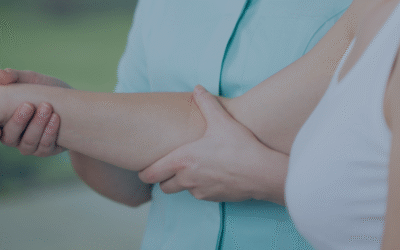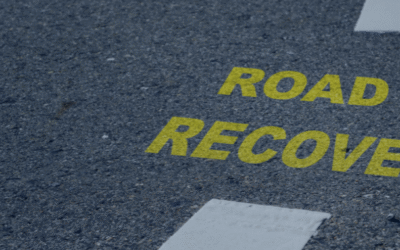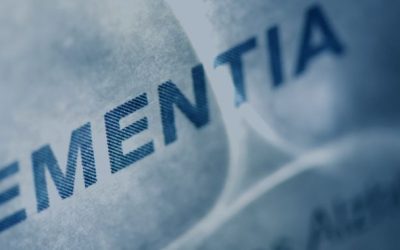
Surviving a stroke is a significant accomplishment, but the journey towards recovery is just beginning. Post-stroke rehabilitation plays a pivotal role in helping individuals regain their independence and improve their quality of life. Among the various therapeutic interventions, physiotherapy stands out as a cornerstone in the recovery process.
Below we list 5 key points that highlight the role of physiotherapy in post-stroke rehabilitation and most important, how it contributes to the overall recovery journey.
- Restoration of Mobility:
One of the primary goals of physiotherapy in post-stroke rehabilitation is to restore mobility. Stroke survivors often experience weakness or paralysis on one side of the body, making daily activities challenging. Physiotherapists design customized exercises and interventions to target specific muscle groups, gradually improving strength and coordination. Through repetitive and tailored exercises, individuals can regain control over their movements and enhance their ability to perform essential tasks.
- Prevention of Secondary Complications:
Stroke survivors are at risk of developing secondary complications, such as muscle contractures, joint stiffness, and pressure ulcers. Physiotherapy helps mitigate these risks by incorporating stretching exercises, range of motion activities, and postural training. These interventions not only enhance flexibility and prevent muscle imbalances but also reduce the likelihood of complications that may hinder the recovery process.
- Enhancement of Balance and Coordination:
Many stroke survivors struggle with balance and coordination issues, increasing the risk of falls. Physiotherapists employ specific exercises and techniques to improve balance and coordination, reducing the likelihood of accidents and promoting a safer living environment. This is crucial for enhancing the individual’s confidence in daily activities and fostering independence.
- Neuroplasticity and Brain Recovery:
Physiotherapy plays a crucial role in leveraging the brain’s neuroplasticity—the ability to reorganize and form new neural connections. Through targeted exercises and activities, physiotherapy stimulates the brain to adapt and rewire, promoting recovery of lost functions. This neuroplasticity-driven approach is fundamental in maximizing rehabilitation outcomes and helping stroke survivors regain lost skills.
- Psychological Well-being:
The emotional and psychological impact of a stroke should not be underestimated. Physiotherapy, through its structured and goal-oriented approach, provides a sense of purpose and achievement. Setting and achieving realistic rehabilitation goals can boost the individual’s confidence and motivation, contributing positively to their overall psychological well-being.
The role of physiotherapy in post-stroke rehabilitation is nothing short of indispensable. Physiotherapists contribute significantly to the holistic recovery process by addressing physical limitations, preventing complications, and fostering neuroplasticity. Their guidance and expertise become the guiding light on the challenging journey to recovery, empowering stroke survivors to regain independence, enhance functional abilities, and ultimately improve their overall quality of life. Physiotherapy emerges as a cornerstone, providing the support and tools needed to navigate the path to a more fulfilling and independent post-stroke.
Recent Blog Posts
Bridging the Gap: How to Continue Intensive Stroke Rehab After Hospital Discharge
Leaving the hospital after a stroke is a critical time. Irish researchers have identified a “discharge gap,” where many patients feel their care is “fragmented” and they lose access to therapy.
The Irish Stroke Guideline Sets a New Standard for Recovery. Are You Equipped to Meet It?
This year, stroke recovery in Ireland has a new gold standard. The new National Clinical Guideline for Stroke - adopted across Ireland and the UK - has officially raised the bar for what your recovery should look like. It's not just a document for hospitals. It has a...
Exercise Therapy for Dementia: A Path to Empowerment and Independence
At Beechfield Rehab, we provide innovative solutions to support individuals with dementia. The THERA-Trainer Tigo 558 is a versatile, motor-assisted therapy device designed to improve mobility, strength, and independence.



